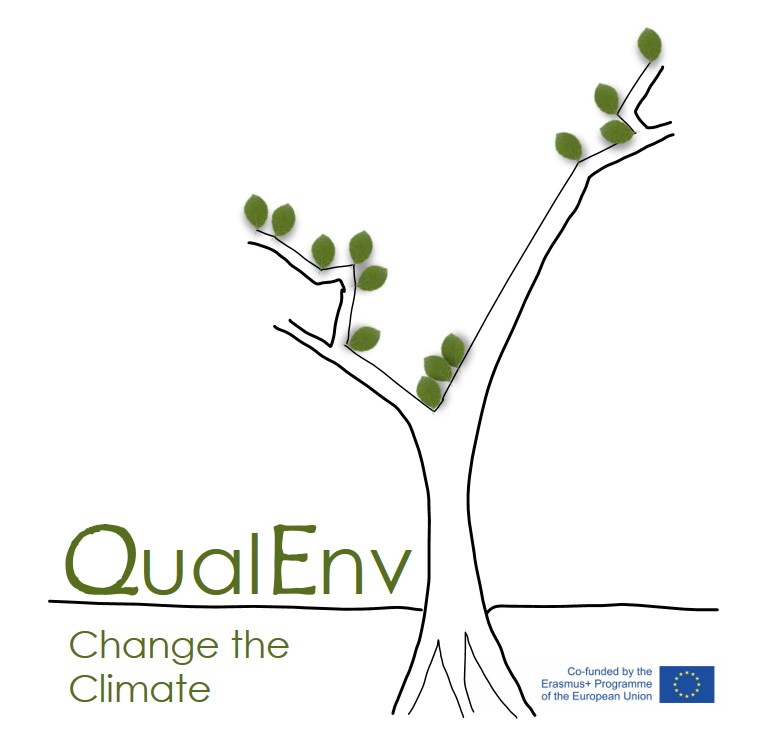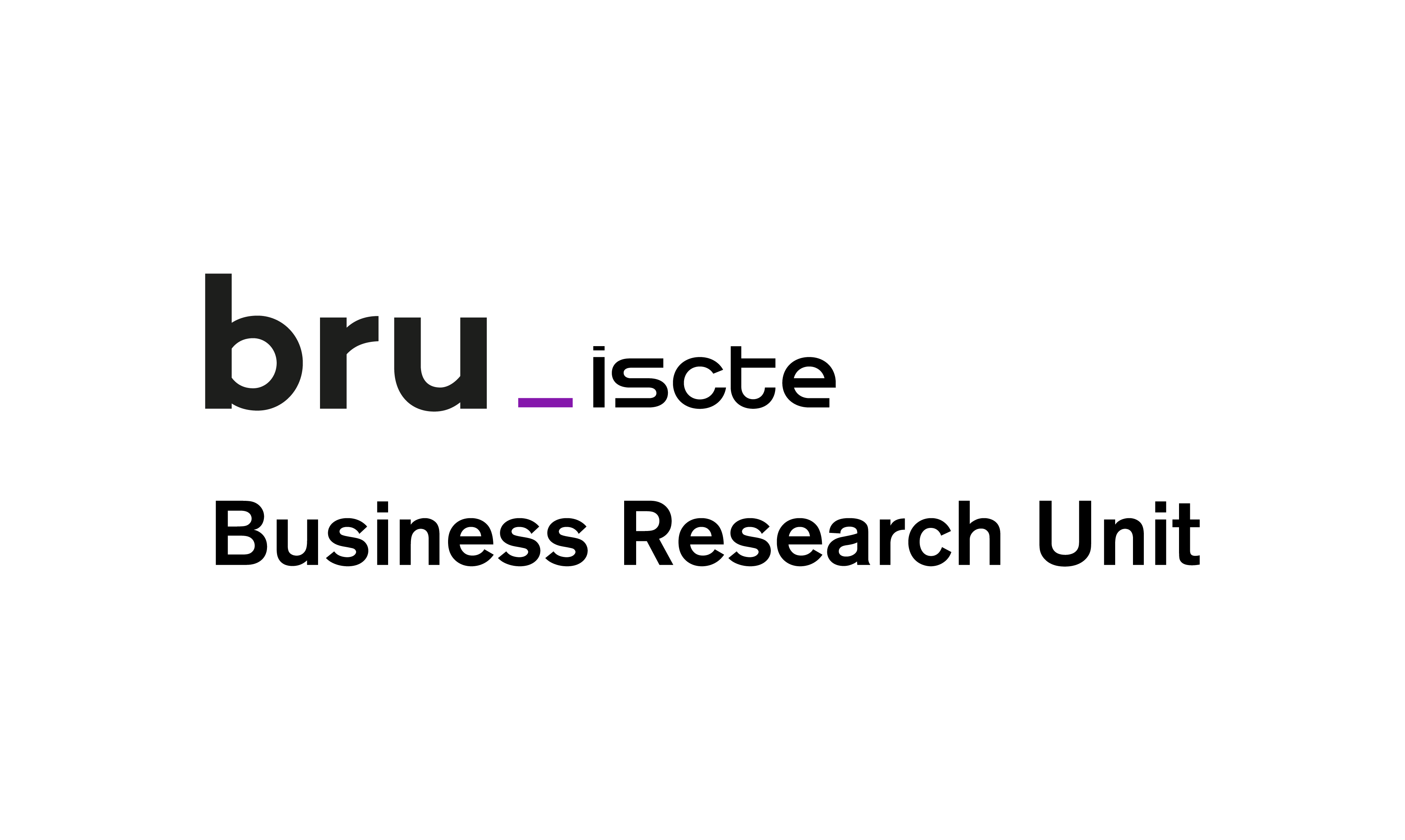NATURE-FUTURES: Nature-Based Higher Education for Environment Resilience
Investigadora Responsável
O projeto NATURE-FUTURES visa integrar Soluções Baseadas na Natureza e Ciência Cidadã no ensino superior, melhorando a educação para a sustentabilidade, a colaboração interdisciplinar e a aprendizagem. Procura capacitar os alunos e educadores com ferramentas práticas, desenvolver o pensamento sistémico através de modelos digitais e criar roteiros estratégicos para a adoção institucional. O projeto fomenta o envolvimento com as partes interessadas, alinhando as universidades com a ação climática e as metas de sustentabilidade da UE.
Informação do Projeto
2025-12-01
2028-11-30
Parceiros do Projeto
- BRU-Iscte (Economia)
- AALBORG UNIVERSITET - Líder (Dinamarca)
- Università degli Studi di Torino – IT - (Itália)
- Columbus - (França)
NETWORK ON WATER-ENERGY-FOOD NEXUS FOR A LOW-CARBON ECONOMY IN EUROPE AND BEYOND, CA20138
Coordenadora Local
An international network of researchers is working with policymakers and the business sector to better understand how the water-energy-food Nexus fosters policy coherence in the domains of water, energy and food, supporting the transition towards a circular and low-carbon economy in Europe. Focus is on job creation, enhancing wellbeing and care for the environment. The Nexus concept is tested at different scales (i.e. local, regional, national, European), while the international dimension is explored through the involvement of international proposers. More Nexus-compliant practices are foreseen through a knowledge sharing hub at European level and beyond. Public-private initiatives pave the path for Nexus compliant practices, building on network members’ advice. NEXUSNET will deliver examples of nexus compliant decision making, and recommendations to best achieve them, to come-up with an overview of Good Nexus Practices in Europe (policy coherence, Nexus-compliant practices and more coherent nexus evaluations). Transdisciplinary approaches are adopted to test Nexus compliant practices with the involvement of relevant stakeholders, while interaction and engagement with current and finished Nexus-related projects will be pursued. Academic Nexus knowledge will be translated into practical and applicable knowledge for the private sector or policy makers. A series of intense knowledge transfer and dissemination actions are planned to ensure that the network will have a significant impact in Europe and beyond.
Informação do Projeto
2021-09-22
2025-09-21
Parceiros do Projeto
- BRU-Iscte (Economia)
- University Thessaly - Líder (Grécia)
Change the Climate: Assuring the Quality of Environmental Strategies in Latin-American Higher Education
Coordenadora Global
Population growth, increased prosperity and rapid urbanization are bringing global demand for natural resources to a point increasingly beyond the Earth’s carrying capacity. Together with climate change, those pressures are causing significant environmental degradation in many parts of the planet. Latin America is particularly vulnerable. The United Nations Sustainable Development Goals (SDGs) constitute urgent calls and drivers for higher education to be part of future generations of engaged citizens aware of their role in creating fair and healthy societies.
The Change the Climate project addresses three main needs: environmental management at all levels of higher education activities, integration of environmental management with sustainability strategies and institutional quality management, and customized strategies for sustainability in education. The project’s main goal is to increase Latin-American University’s contribution to Sustainable Development, through the implementation of environmental systematic practices and quality processes in alignment with the UN SDGs, improving the management and operations of higher education institutions.
The project will deliver tools and guides for environmental impact analysis and SDGs mapping in campus operations and educational activities. An environmental management system will be implemented in each partner university decreasing their environmental impact; sustainability awareness will be assessed thoughout the academic communities; strategies for sustainability in higher education will be developed for curricula improvement; and a common open online course on sustainability will be created in English, Spanish and Portuguese.
The project’s impact will reach stakeholders beyond the project partnership at local, regional and national levels contributing to behavioural change for sustainable futures.
Informação do Projeto
2020-01-15
2023-07-14
Parceiros do Projeto
- ISTAR-Iscte (DLS) - Líder
- BRU-Iscte (Economia)
- BRU-Iscte (M&M)
- BRU-Iscte (Economia) - Líder
- PUCRS - Coordenador Técnico (Brasil)
- Universidad del Norte - (Colômbia)
- UCR - (Costa Rica)
- UNA - (Costa Rica)
- ULima - (Peru)
- UNISABANA - (Colômbia)
- UP - (Peru)
- UDG - (México)
- BUAP - (México)
- UFSC - (Brasil)
- UNISUL - (Brasil)
- POLITO - (Itália)
- GU - (Suécia)
- SULITEST - (França)
BRU-HORIZON 2020: Raising the International Profile and Scalability of BRU’s Research Activities
Investigadora
This project, supported by Portugal 2020 funds, aims to support BRU-Iscte institutional capacities in submitting applications to European competitive funding, namely within the Horizon 2020 programme.
With this support, BRU-Iscte has drafted a strategic plan for 2019-2022 with regards to the submission of applications to competitive European funding schemes in areas of key interest for BRU research activities.
Informação do Projeto
2019-03-01
2022-02-28
Parceiros do Projeto
- BRU-Iscte - Líder
Taxa sobre os sacos de plásticos leves: Impactes económicos e sociais
Investigadora
Os sacos de plástico, em conjunto com as garrafas de plástico, constituem 70% dos resíduos que se acumulam nos mares, tendo impactes negativos nos ecossistemas marinhos, na economia e no turismo local.
Em Portugal, a Lei que cria a contribuição sobre os sacos de plástico leves é a Lei n.º 82-D/2014, de 31 de dezembro, que aprova a Reforma da Fiscalidade Verde. A lei entrou em vigor no dia 1 de janeiro de 2015, tendo os produtores, importadores e adquirentes intracomunitários de sacos de plástico leves passado a cobrar a contribuição a distribuidores, retalhistas e comerciantes a partir de 31de janeiro de 2015, e os consumidores finais a pagar a contribuição a partir do dia 15 de fevereiro de 2015. O valor da contribuição sobre os sacos de plástico leves é de 0,08 €, acrescido do IVA à taxa legal em vigor (23%), por cada saco de plástico. No momento em que estão para se completar três anos da entrada em vigor da lei importa avaliar os seus impactes na sociedade, particularmente no âmbito económico e psicossocial.
RESIDUS MEDICAMENTEUX DANS LES REJETS D'ETABLISSEMENTS POUR PERSONNES AGEES (EHPAD ET RESIDENCES SENIORS) : RISQUES, OUTILS D'ANALYSE INNOVANTS ET PROCEDES DE TRAITEMENTS DURABLES
Investigadora
A promoção do investimento das empresas na I&D, o desenvolvimento de ligações e sinergias entre empresas, centros de investigação e desenvolvimento e o setor do ensino superior, em especial a promoção do investimento no desenvolvimento de produtos e serviços, na transferência de tecnologia, na inovação social, na ecoinovação, em aplicações de interesse público, no estímulo da procura, em redes, clusters e na inovação aberta através de especialização inteligente, e o apoio à investigação tecnológica e aplicada, linhas-piloto, ações de validação precoce dos produtos, capacidades avançadas de produção e primeira produção, em especial no que toca às tecnologias facilitadoras essenciais, e à difusão de tecnologias de interesse geral
Informação do Projeto
2016-07-01
2019-06-30
Parceiros do Projeto
- CIS-Iscte (H4A)
- BRU-Iscte (Economia)
- Université de Perpignan Via Domitia - Líder (França)
- Université de Nîmes - (França)
- UCM - (Espanha)
- Instituto Pedro Nunes - (Portugal)
- Agencia Estatal Consejo Superior de Investigaciones Cientificas - (Espanha)
- Institut National Polytechnique de Toulouse - (França)
- DropSens, S.L - (Espanha)
Adaptation to Climate Change from a natural and social science perspective: Water in coastal Mediterranean areas
Investigadora
The topic “Water and Adaptation to Climate Change from a natural and social science perspective in coastal Mediterranean areas” highlights the role and importance of water for human life, nature and the economy, and the societal challenges emerging from climate change to protect our water resources and ecosystem services. In the last decade, many assessments of the impacts of global and climate change in the coastal zones have been undertaken. However, such assessments have rarely been connected to decision making on adaption strategies, often because of the uncertainties associated to climate change impacts. However, generic methods to inform decision making (e.g. the robust decision making) exist, but they have rarely been set up at regional and local scale. In addition, adaptation being trans-sectorial, there is a need to better demonstrate how such measures can be taken within the existing regulation on development, risk prevention and land use planning. In this context, the ADAP-MED questions: Is current decision making “adapted to internalize adaptation” into policy making?
To address this question, ADAPT-MED will first collect and build a knowledge database for a well-selected regional research sites, namely: The territory around the Ria de Aveiro coastal lagoon in Portugal, The region “Provences-Alpes-Côte d’Azur” in France and the Easter coast of Crete (Greece). All these coastal regions have been affected by increased urbanisation in the last century, and will be diversely affected by the adverse effects of climate change on water resources, aquatic ecosystems and urban infrastructure. We will investigate how adaptation is currently being practice in these regions and how this relates to other regulatory mechanisms on land use planning and risk prevention. We will examine what adaptation measures would be desirable and how they can be mainstreamed/integrated within current policy, decision making and regulatory mechanisms. Finally, we will examine how ch...
Preços e respostas comportamentais no sector da água
Investigadora Responsável
A Directiva Quadro da Água (DQA) e a Lei da Água exigem que os preços da água forneçam incentivos para a utilização eficiente dos recursos hídricos (RH) e promovam a recuperação de custos, incluindo os custos ambientais e de escassez. Contudo, avaliações recentes (EC07) mostram que os instrumentos económicos mantêm um papel limitado na gestão dos RH, persistindo problemas no estado ecológico das águas. Por isso, a Comissão Europeia identificou a promoção dos instrumentos económicos, e dos preços em particular, como uma acção prioritária.
Neste projecto analisaremos preços no sector da água, incluindo respostas comportamentais e considerando aspectos relevantes de custos, de forma a identificar políticas que permitam um equilíbrio entre a maximização do bem-estar, incluindo restrições ambientais, e outros critérios tradicionai s para a definição de preços em utilities, como a recuperação de custos, equidade e simplicidade. O projecto basear-se-á em contribuições prévias da equipa de investigação em áreas como os preços não-lineares, estimação da procura de água e de funções de custos, e desenvolverá novos modelos teóricos e dimensões empíricas.
Na literatura acerca das estruturas de preços em sectores regulados, não há estudos que expliquem a popularidade das tarifas com preços crescentes por blocos (!BT) no sector da água, uma vez que a natureza das infraestruturas aponta para tarifas constantes ou decrescentes (EIOl, EI09). Em trabalhos anteriores (RoMo08) mostrámos que preços marginais crescentes podem ser justificados por resultados combinados de escassez de água e de heterogeneidade entre consumidores se os operadores tiverem de manter um orçamento equilibrado. Novos resultados teóricos serão obtidos com este projecto sobre a resposta dos consumidores à estrutura de preços, utilizando funções de valor assimétricas com aversão a perdas (TvKa91) e tendo em conta efeitos de enquadramento, uma vez que os escalões iniciais podem fornecer aos consumidores pontos d...
Informação do Projeto
2011-01-01
2013-12-31
Parceiros do Projeto

 English
English



